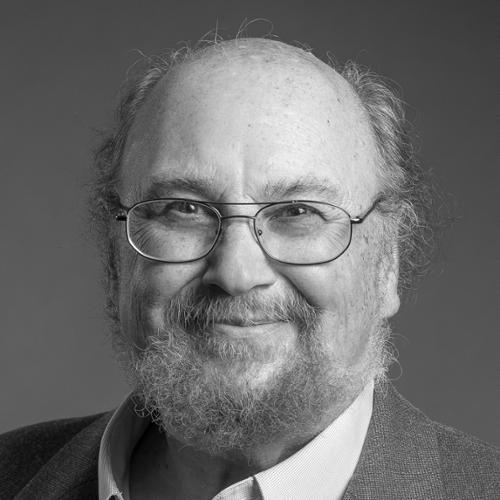Mitt Romney made a lot of money at Bain Capital. The press seems to view this as a negative; even the Wall Street Journal is piling on, and the Obama Campaign is paying attention.
This is misguided. The lesson to take away from Romney’s high earnings is that he is more dedicated than most politicians; he has actually given up a chance to earn vast sums in order to serve. This is not an option for most politicians. For example, Obama was a community organizer and his income from book sales was enhanced by his political career. Gingrich was a professor and his income has also been enhanced by his political career. Santorum was a lawyer but did not practice much before entering politics. Other politicians (e.g., Cheney) have been wealthy, but their wealth came after their political careers. So the Romney campaign should spin his earning power as a sign of his dedication, rather than trying to finesse it.

